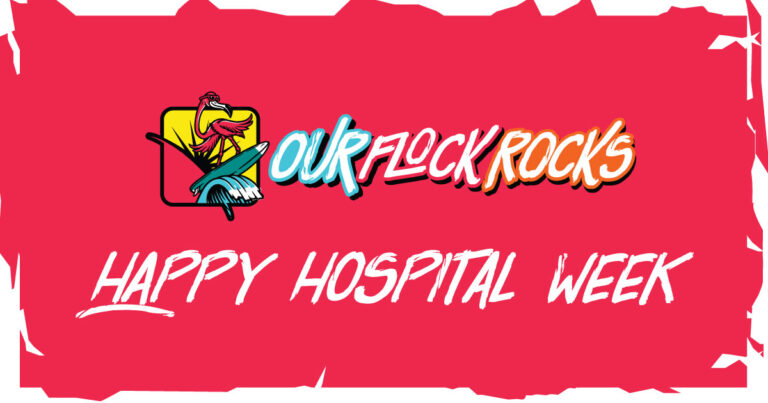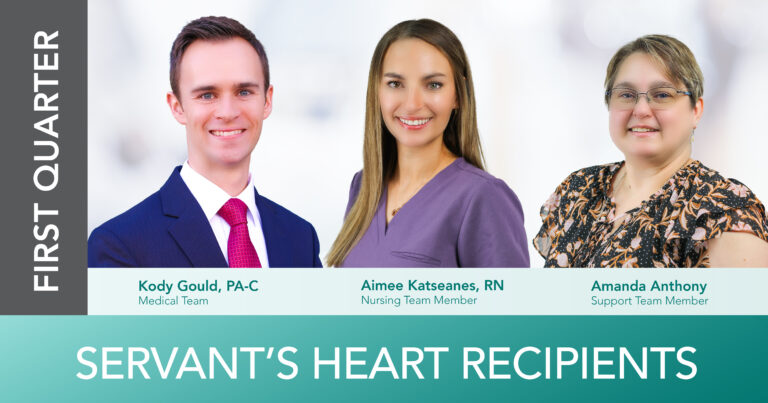
A Woman’s Heart
Heart disease is a woman’s disease. Surprised? Most women are. Heart disease is still widely considered a man’s problem, but statistics show that heart disease is the leading cause of death for women, just as it is for men.
Indeed, heart disease and stroke kill more than 10 times as many women as breast cancer does every year. One in 10 American women 45 to 64 years of age has some form of heart disease. After age 65, one in four women has heart disease.
Risk Factors: The Same
The major risk factors for heart disease are very much the same for women as they are for men. Cigarette smoking, high blood pressure, high cholesterol, being overweight, and physical inactivity all pave the way. Other risk factors, such as having diabetes, are also conditions you may be able to control. Even just one risk factor will raise your chances of having heart-related problems.
Learn how you can give your heart a makeover, step-by-step.
Symptoms: Different
One thing the men and women do not share is the symptoms of heart disease and heart attacks. A recent study found that women start experience warning signs of an impending heart attack a month or more before the event.
Both sexes may have the classic symptoms of pain that spreads to the shoulder, neck, or jaw area. Women may have more common sensations that show up all at once or suddenly increase in severity.
The most common sign that something was amiss, experienced by three-fourths of heart attack survivors in a study, was unusual fatigue. About half started having unexplained sleep disturbances and shortness of breath. Only a third reported chest discomfort, which they described as discomfort, and they said it was pressure—not an aching or tightness (not as pain).
It is important for women to know that these seemingly vague and undramatic symptoms may be associated with heart disease—and that they need to seek medical care.
Advice: Take Action
Women need to explain to their doctor or family medicine specialist how these symptoms are affecting their daily life. They should specifically say what they couldn’t do. It’s one thing to say you’re fatigued, quite another to say you were so tired you couldn’t finished making the bed. A detailed description will help your physician judge how severe the situation is.
It has been reported that when women’s heart attacks occur, the symptoms are different and less striking than men’s are. Without the chest-clutching pain, many women do not recognize the symptoms as a heart attack and do not seek treatment right away. In general, women wait much longer than men to go to the emergency room when they first suffer heart attack symptoms. With more than 250,000 people a year dying within one hour of the onset of cardiac symptoms and before they reach the hospital, women need to recognize their symptoms and take action.
Just for Her
A Symptom Spotter Warning signs of an impending heart attack in women (beginning a month or before the event):
• Unusual fatigue
• Shortness of breath
• Sleep disturbance
• Anxiety
• Indigestion
• Chest discomfort
Symptoms experience by women during a heart attack:
• Shortness of breath
• Unusual fatigue
• Weakness
• Cold sweat
• Dizziness
• Chest discomfort
Check Your Heart
High blood pressure and elevated blood sugar and cholesterol levels raise your risk of heart disease. But you won’t know whether your numbers are high without seeing your doctor.
To promote good heart health, be sure to take care of yourself and visit your primary care physician at least once a year. Have discussion with your doctor to see where you are. If your levels are out of range, your doctor may prescribe medications that can help control these important risk factors.
In addition, Bingham Memorial’s team of heart-friendly cardiologists are certified to diagnose and treat disorders of the circulatory system and the cardiovascular system—the heart, arteries and veins. Using the latest and state-of-the art technology, they provide initial diagnostic services, including basic cardiology evaluations, consultations, stress tests, heart pathology, and arrhythmia detection.
With complete cardiology coverage throughout Eastern Idaho, the following cardiologists are always welcoming new patients at the following locations.
Blackfoot
B. Shields Stutts, MD: With almost 40 years of experience, he is one of the most experienced heart doctors in the Eastern Idaho. To schedule an appointment, please call his office in Blackfoot at (208) 785-3897.
Ricky D. Latham, MD: With more than 30 years of medical experience, Dr. Latham diagnoses and treats disorders of the circulatory system and the cardiovascular system. To schedule an appointment, please call his office in Blackfoot at (208) 785-3828.
Jan Garland, NP: With more than 30 years of medical experience, Jan specializes in preventive cardiology across all ages with an emphasis on wellness and prevention. To schedule an appointment, please call his office in Blackfoot at (208) 785-3828.
Ryan B. Longmore, DO: He is quadruple board certified in cardiology, echocardiography, nuclear cardiology, and internal medicine. To schedule an appointment, please call his office in Blackfoot at (208) 782-3997.
Idaho Falls
Ricky D. Latham, MD: With more than 30 years of medical experience, Dr. Latham diagnoses and treats disorders of the circulatory system and the cardiovascular system. To schedule an appointment, please call his office in Idaho Falls at (208) 785-3828.
Lance S. Longmore, DO: He is a clinical cardiologist and electrophysiologist with extensive broad training in the diagnosis, prevention, and treatment of cardiovascular disease. He is board certified in cardiology and internal medicine and Certification Board of Nuclear Cardiology. To schedule an appointment, please call his office in Idaho Falls at (208) 535-3627.
Jan Garland, NP: With more than 30 years of medical experience, Jan specializes in preventive cardiology across all ages with an emphasis on wellness and prevention. To schedule an appointment, please call her office in Idaho Falls at (208) 785-3828.
Pocatello
Lance S. Longmore, DO: He is a clinical cardiologist and electrophysiologist with extensive broad training in the diagnosis, prevention, and treatment of cardiovascular disease. He is board certified in cardiology and internal medicine and Certification Board of Nuclear Cardiology. To schedule an appointment, please call his office in Pocatello at (208) 239-8027.
To learn more about these providers, please click here.
Our content is reviewed regularly and is updated when new and relevant evidence is made available. This information is neither intended nor implied to be a substitute for professional medical advice. Always seek the advice of your physician or other qualified health provider prior to starting any new treatment or with questions regarding a medical condition.



